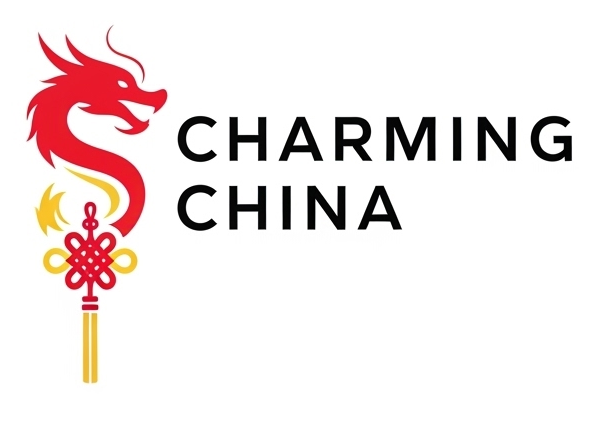Sun Tzu’s Timeless Lessons on Intelligence and Information
Chapter 13 of The Art of War highlights the critical role of intelligence in achieving success. While Sun Tzu originally discussed spies in military contexts, the core lesson is universal: knowing your environment, competitors, and opportunities gives you a decisive advantage. Today, these principles apply to business, leadership, and personal decision-making.

Key Lessons from Sun Tzu on Strategic Intelligence
1. Information Is Power
Sun Tzu teaches that understanding circumstances, trends, and potential challenges reduces uncertainty.
- Anticipate obstacles before they arise.
- Make informed strategic decisions.
- Gain an edge over competitors or challenges.
2. Different Sources of Intelligence
While he classified spies in ancient warfare, we can modernize this into actionable insights:
- Market intelligence: Understanding customer needs and trends.
- Competitor analysis: Tracking competitor strategies and innovations.
- Internal insight: Observing team dynamics and operational strengths.
- External opportunities: Recognizing regulatory changes or emerging markets.
3. Secrecy and Strategic Planning
Effective leaders protect their plans while gathering knowledge:
- Share information selectively to maintain advantage.
- Use intelligence to guide timing, resource allocation, and risk management.
- Avoid revealing strategies prematurely.
4. Proactive Intelligence Gathering
Sun Tzu advises leaders to seek information actively:
- Research continuously rather than waiting for problems to appear.
- Verify reliability of data and trends.
- Integrate insights into decision-making and strategy.
5. Leveraging Intelligence for Success
The ultimate goal is applying knowledge effectively:
- Exploit opportunities while avoiding unnecessary risks.
- Optimize resources for maximum impact.
- Enhance decision-making speed and accuracy.
Modern Applications
- Business Strategy: Use market research, customer feedback, and competitor data to stay ahead.
- Leadership: Understand team strengths and weaknesses to guide projects successfully.
- Negotiation: Anticipate counterpart needs and motivations for better outcomes.
- Personal Growth: Gather relevant information before making important life choices.
Chapter 13 of The Art of War demonstrates that strategic intelligence is essential for success. Whether in business, leadership, or personal life, understanding your environment and using information wisely can make the difference between achieving your goals and falling short. Sun Tzu’s insights remain highly relevant in modern contexts, far beyond the battlefield.
FAQ
Q1: What is the key takeaway from this chapter?
Intelligence and information are crucial for making informed, strategic decisions.
Q2: How does this apply to business?
Market analysis, competitor research, and customer insights help businesses make better choices.
Q3: Why is discretion important when using intelligence?
Revealing your strategies too early can nullify the advantage.
Q4: Can individuals benefit from Sun Tzu’s intelligence principles?
Yes—knowing your environment and opportunities aids in personal growth and decision-making.
Q5: How do you gather reliable intelligence?
Use trustworthy sources, verify data, and continuously monitor trends.
